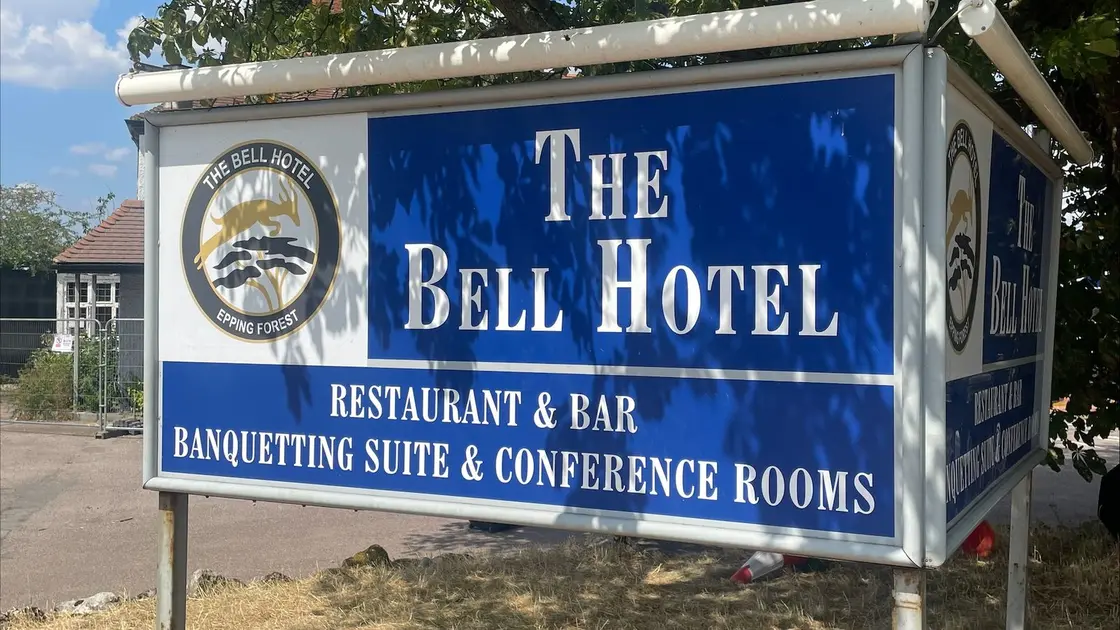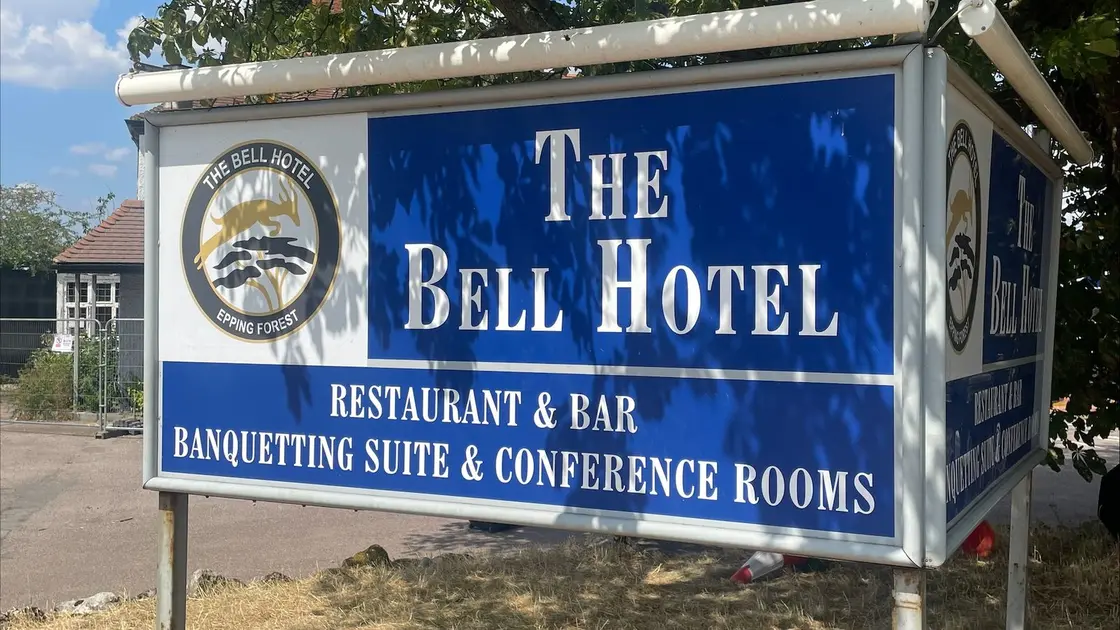T4K3.news
High Court injunction blocks asylum seeker housing at Bell Hotel
The Bell Hotel in Epping must stop housing asylum seekers by 12 September after a High Court interim injunction was granted.

The High Court granted an interim injunction forcing The Bell Hotel to stop housing asylum seekers, extending the deadline to 12 September.
High Court blocks asylum seeker housing at Bell Hotel in Epping
The High Court has granted an interim injunction to stop housing asylum seekers at The Bell Hotel in Epping after the local council argued the site is not being used for its intended purpose as a hotel. The ruling extends the deadline for occupants to leave to 12 September. Somani Hotels Limited said it plans to appeal, arguing the decision could affect the Home Secretary’s broader strategy to place asylum seekers in hotels while meeting statutory duties. The judge also refused a delay request, and ordered the hotel not to accept any new applications from asylum seekers until the ruling is made.
Protests outside the hotel have taken place in recent weeks, following a sexual assault charge against a resident. The council claimed the site breaches planning rules by not serving as a hotel and warned the situation was getting out of hand, raising anxiety in the local community. The hotel’s representatives argued that the injunction would cause hardship and that political views should not guide court action. The case has a long history of housing migrants at the site, with occupants previously moved in and out during 2020–21, 2022–24, and again in 2025, raising questions about enforcement and planning oversight.
Key Takeaways
"The hotel is no more a hotel to asylum seekers than a borstal to a young offender"
Council barrister describing the site's use
"A draconian injunction would cause hardship for those in the hotel"
Hotel barrister opposing the injunction
"Contracts to house asylum seekers are a financial lifeline for the hotel"
Hotel representative outlining the economic impact
"Political views were not grounds for an injunction to be granted"
Defence for the hotel arguing against political grounds for injn
The decision spotlights a clash between local planning controls and national policy on asylum accommodation. Courts are asked to weigh community safety and planning integrity against the needs of a country balancing asylum obligations with local sentiment. This interim ruling does not settle the policy debate, but it signals that councils can push back when they believe a site has strayed from its stated purpose. At the same time, it underscores how housing asylum seekers in hotels remains a politically sensitive issue that can trigger protests and contentious legal arguments. The case could influence future enforcement actions and the willingness of property owners to accept such contracts, regardless of broader asylum strategy.
Highlights
- The hotel is no more a hotel to asylum seekers than a borstal to a young offender
- A draconian injunction would cause hardship for those in the hotel
- Contracts to house asylum seekers are a financial lifeline for the hotel
- Political views were not grounds for an injunction to be granted
Political and public reaction risk
The case involves asylum policy and housing migrants at a local hotel, which has sparked protests and sensitive planning considerations. The ruling could influence local sentiment and future government strategy.
The outcome may shape future legal challenges and local enforcement practices
Enjoyed this? Let your friends know!
Related News

Judiciary halts new arrivals at Epping asylum hotel

Local councils eye injunctions over asylum hotels

UK asylum housing data shows hotel use remains limited

Councils plan legal action over asylum hotels

High Court to decide on Bell Hotel case

Labour councils map legal routes to end asylum hotels

Court weighs injunction against Bell hotel asylum housing

High court ruling reshapes asylum seeker housing plan
